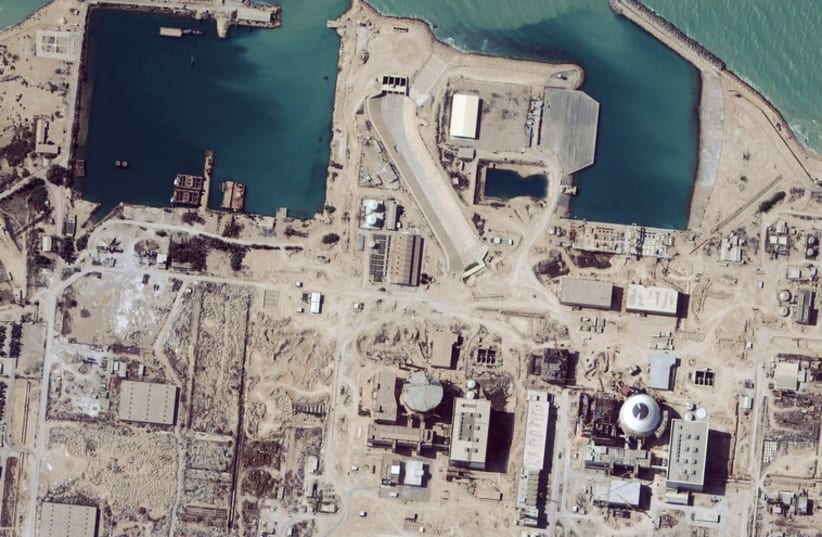UN body closes file on Iran's past nuclear weapons work; Israel says decision 'political'
Within hours of the IAEA vote, UN officials warned that Iran may have violated a separate set of international laws by conducting yet more ballistic missile tests.
